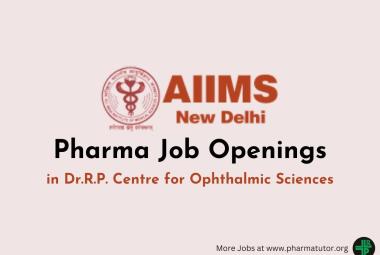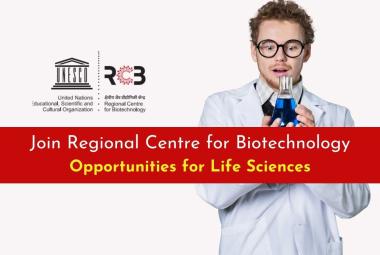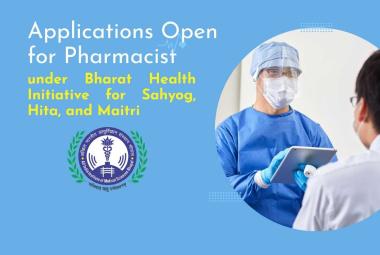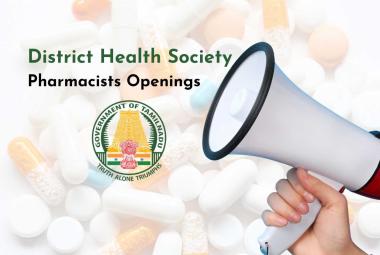Some Imported Dietary Supplements and Nonprescription Drug Products May Harm You.
Just because a product claims to be natural doesn’t necessarily mean it’s safe, says Gary Coody, R. Ph., FDA’s national health fraud coordinator. Likewise, just because a product claims to be natural does not mean that it’s free of hidden drug ingredients.
[adsense:336x280:8701650588]
Furthermore, these products may also be contaminated or contain potentially harmful chemicals or drug ingredients not listed on the label.
For example, many products that claim to help people lose weight contain hidden and dangerous prescription drug ingredients such as sibutramine. Sibutramine was in Meridia, a formerly FDA-approved drug that was removed from the market in October 2010 because clinical data indicated it posed an increased risk of heart problems and strokes.
And just because an ingredient is contained in an FDA-approved drug product does not mean it is safe in the dosages or amounts used in these nonprescription products, according to Coody. Moreover, scammers seek out ethnic populations who are overweight or have serious conditions such as cancer, HIV/AIDS, diabetes, or heart disease. They target consumers looking for easy—and sometimes less expensive—solutions to difficult problems. Using these products could mean delayed treatment for serious diseases.
Others illegally sell imported antibiotics without a prescription and with no physician oversight. According to Coody, this can easily lead to misuse and overuse, a key factor contributing to antibiotic resistance, meaning they might not be as effective in stopping infections when they’re truly needed. And some products marketed as dietary supplements resemble antibiotic products marketed in foreign countries—but actually don’t contain any antibiotics.
You may see these products advertised in ethnic newspapers, magazines, online, infomercials on radio and TV stations or in ethnic stores, flea markets, and swap meets, which may stock products claiming to be from, for example, Latin America or Asia.
“It’s not surprising that people are more comfortable with familiar products that claim to come from their home country or are labeled and marketed in the consumer’s native language, whether they buy them at a U.S. market or get them from friends and family who have brought them from home,” Nunez says.
[adsense:468x15:2204050025]
But that does not guarantee the product is safe or effective.
By the same token, products with the claim “Made in the USA” may not be made here. Consumers sometimes see this claim as an assurance of safety, Coody says, but any scammer can slap the label on, and buyers are none the wiser.
In fact, the law does not require companies who make dietary supplements to get FDA approval before marketing their products.
“Remember, dietary supplements are not drugs,” Coody says. “They are not substitutes for the drugs your health care professional prescribes. And you should let your health care professional know what supplements you are taking, because they may interact in a harmful way with prescribed medications or keep a prescribed drug from working.”
Subscribe to PharmaTutor News Alerts by Email >>








